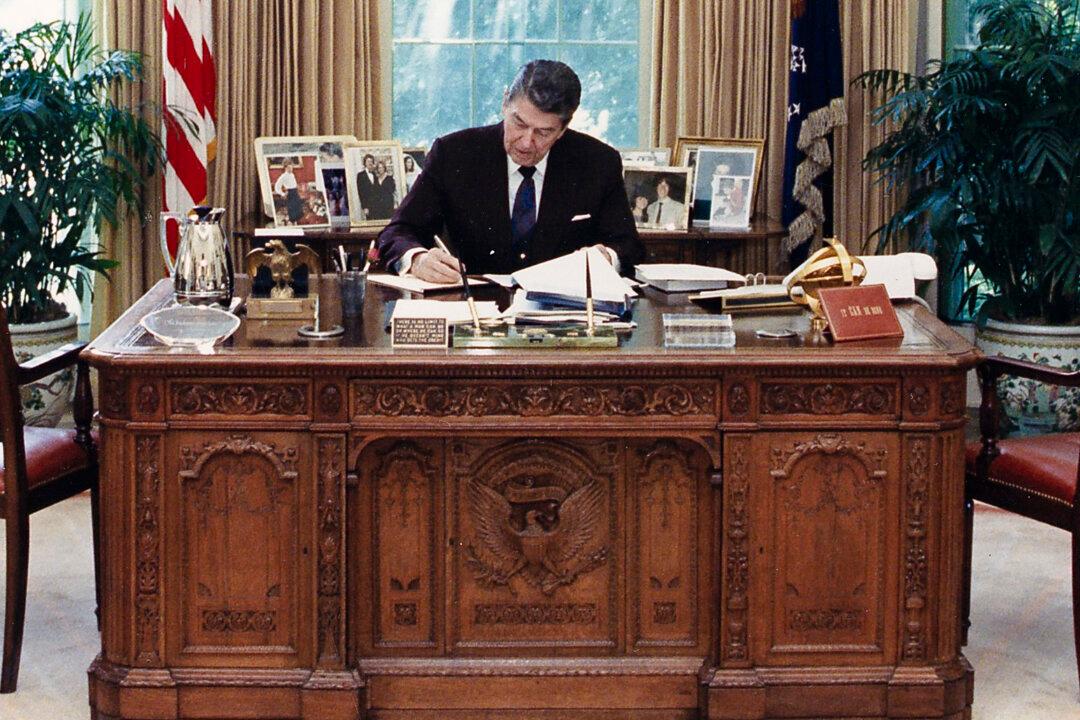On Aug. 3, 1981, more than 13,000 members of the Professional Air Traffic Controllers Organization (PATCO) went on strike for higher wages, more benefits, and fewer hours in the workplace. Discarding an earlier agreement reached with the Federal Aviation Administration, the union now demanded a 100 percent increase for the lowest paid members’ salaries. They walked off the job confident that their strike, which would likely bring the nation to its knees, would be successful.
They were wrong.






